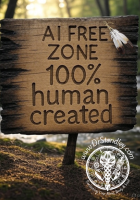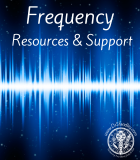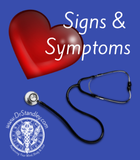Vitamins are any of a group of organic substances other than proteins, carbohydrates, fats, minerals and organic salts which are essential for normal growth, development and metabolism of the body. Vitamins are not sources of energy and they do not contribute to the actual substance of the body. They are however, vital for the maintenance of our health. We gotta have Vitamins!
They are quite effective in small quantities and play a key role in transformation of energy and typically act as coenzymes (they activate enzymes) in the enzymatic systems of the body. Enzymes are the catalyst for chemical reactions in the body. They speed up those reactions.
In general, there are no vitamins created in the body but need to be obtained already formed from animal and plant origins. There are exceptions to the above, such as the formation of Vitamin A from its forerunner, carotene. And, the formation of Vitamin D by the response of ultraviolet light on the skin. Also, cooperative bacteria in the intestines form Vitamin K.
Some vitamins are not very stable. They can be easily destroyed by oxidation, heat, acids, light and simply aging.
We have fat-soluble vitamins, (D, E, A and K). Just remember the acronym DEAK to remember the fat-soluble vitamins.
The water-soluble vitamins are (B and C).
Why would we care if vitamins were either fat-soluble or water-soluble? Because patients with diseases that interfere with the digestion of fat may eventually develop deficiencies of fat-soluble vitamins which are essential to body growth, function and development.
Also, certain vitamins cannot be manufactured by certain species and humankind is one of the few species that cannot manufacture Vitamin C, so we have to supply it ourselves through our nutrition.
Enjoy researching vitamins and take care of yourself.


































